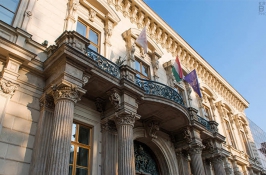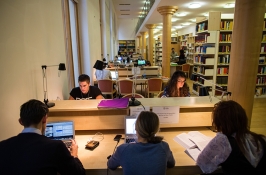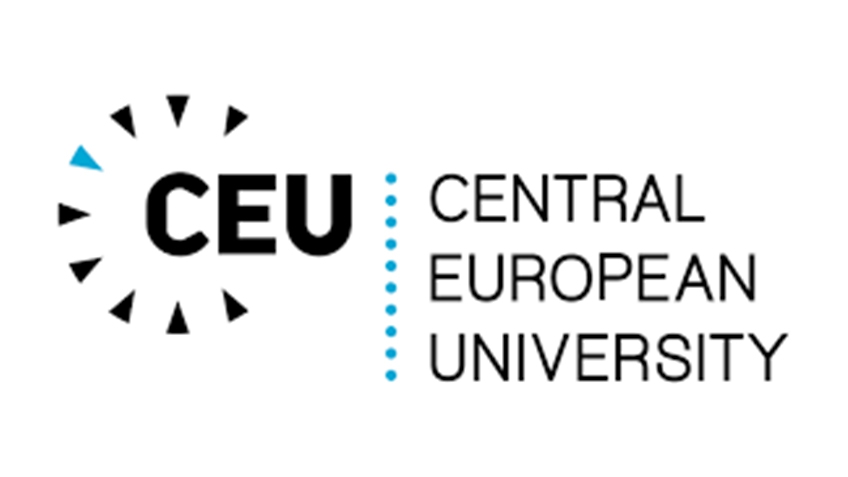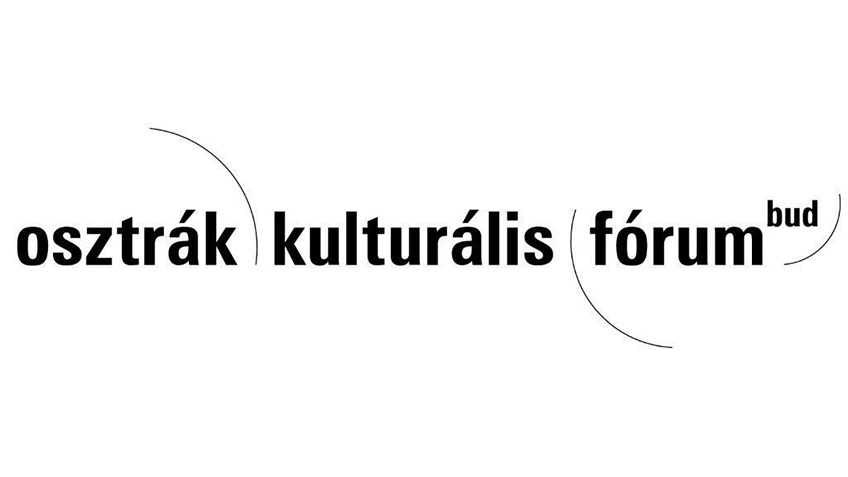Location:
Central European University, Budapest
Nádor utca 15, 103 Tiered Room
Registration: with Hana Semanić at semanich@ceu.edu
For further information please visit the website of CEU.
Identities are constructed on the basis of elements, which define individuals, people and groups. These defining elements can be religion, language, profession, educational background, ethnicity, culture, class, gender, sexuality and many other aspects, which either determine one’s individual identity or people’s social or group identity. Because people have multiple identities, individual identities exist along group identities and national identity. Our interpretation of who we are and how we are perceived by others is based on our “self-identity” and our “self-categorisation” into social groups. Identities dependent on the social, political and historical environment and on other people’s perception and because identity is socially constructed, it transforms and changes over time.
This conference wants to focus on the multiple identities, which define the people of the Western Balkans and explore how political culture, minorities and gender are impacting on peoples’ identities. What is a typical political culture in the Western Balkans? By understanding the way political culture functions can help us understand how and why the Western Balkans governments are organized in a certain way, why democracies succeed or fail in the region. Deepening this matter can provide clues to some other elements that define identity, such as minorities and gender. Are minorities a more powerful identity-marker than nationality or ethnicity? What are the main parameters of gender in the region? Is there a relationship between gender and conflict? Does the Western Balkans remain a region dominated by patriarchal gender norms? Hence, the aim of this conference is to discuss how the three elements, political culture, minorities and gender, define people’s identity and how they influence the people living in the Western Balkans.
Conference program
09:00 Registration
09:30 Welcome and introductory remarks
Péter Balázs, Director of CEU’s Center for European Neighborhood Studies (CENS), former Minister of Foreign Affairs of Hungary
Regina Rusz, Director, Austrian Cultural Forum, Budapest, Hungary
Christina Griessler, Research Fellow for netPOL, Andrássy University Budapest
09:45 Panel I. – Political culture
Chair: Suzana Jurin, Professor, University of Rijeka, Croatia
Speakers:
Elona Dhembo, Fellow at the Department of Social Work and Social Policy, University of Tirana, Albania
Oliver Vujović, Secretary General, South East Europe Media Organisation (SEEMO)
Martina Mirković, PhD candidate, Andrássy University Budapest
11:00 Panel II. – Minorities
Chair: Christina Griessler, Research Fellow for netPOL, Andrássy University Budapest
Speakers:
Antonija Petričušić, Professor, University of Zagreb, Croatia
Damjan Zdravev, Programme Officer, Civil Rights Defenders, Belgrade, Serbia
Jovana Radosavljević, Executive Director, New Social Initiative, Prishtina, Kosovo
12:15 Coffee Break
12:45 Panel III. – Gender
Chair: Hana Semanić, Research Fellow, Center for European Neighborhood Studies (CENS), Central European University, Budapest, Hungary
Speakers:
Elissa Helms, Associate Professor, Central European University, Budapest, Hungary
Anamarija Batista, Research Associate, WU Wien, Vienna, Austria
Marsela Dauti, Associate Professor, University of Tirana, Albania
14:00 Networking Lunch
Please click here for the report written about the conference.



 ETN
QuickLinks
Contact
ETN
QuickLinks
Contact
 Start Your Studies!
Scholarships
Degree Programmes
PH.D. Programme
Admission
Alumni Association
Start Your Studies!
Scholarships
Degree Programmes
PH.D. Programme
Admission
Alumni Association
 Subscribe to our newsletter
Subscribe to our newsletter









